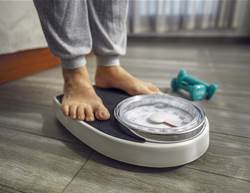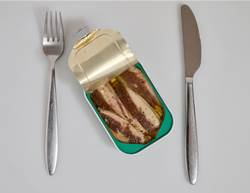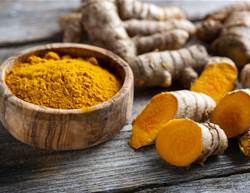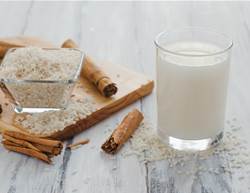Few things can come between someone and their morning cup of coffee. But if you’re trying to lose weight through intermittent fasting, you might be wondering: can you drink coffee while fasting? The good news is that, with a few tweaks, you can likely still enjoy your brew before breaking your fast.
Coffee won’t disrupt an intermittent fasting routine as long as you steer clear of high-kilojoule extras, says registered dietitian nutritionist Nicolette M. Pace. Some coffee orders can contain over 250, even 500 kilojoules, she explains. Drinks like lattes, mochas, macchiatos and anything with lots of milk or sugar should be saved for your eating window—not your fasting one.
Here’s what you need to know about drinking coffee while fasting.
Is it OK to drink coffee while fasting?
If you’re fasting for weight loss, black coffee is generally safe to have during your fasting period. “Drinking black coffee is typically fine while fasting, as research shows it has little effect on blood glucose or fasting triglycerides—a type of fat in your blood—after a period without food,” explains registered dietitian Carla Hernandez.
That said, everyone responds to caffeine differently. “Some people are more sensitive to caffeine, which can impact their blood sugar levels, so it’s important to pay attention to how your body responds,” Hernandez adds. For those with diabetes, caffeine may affect how the body uses insulin, which can result in higher or lower blood sugar. However, in most healthy adults, caffeine doesn’t have a significant effect on blood sugar levels.
Can I have coffee with milk while fasting?
Unfortunately, adding milk, creamer or sugar will technically break a fast. “These contain kilojoules and sugar, which trigger digestion and an insulin response,” explains Hernandez. “This can interfere with the fat-burning benefits of intermittent fasting.”
That said, there are a few additions you can make without breaking your fast. According to Hernandez, zero-kilojoule options like cinnamon or vanilla extract are fine. A small amount of natural sweetener like stevia or monk fruit is also considered safe. You can even add MCT oil—Hernandez explains that because it’s a fat, it doesn’t have the same effect on blood sugar as carbs or protein and won’t significantly disrupt fat burning.
However, there are exceptions. “If you’re getting blood tests done and need to fast, I would not recommend consuming anything other than water,” she notes. “The goals and outcomes of these types of fasts are different.”
What are the benefits of drinking black coffee while fasting?
Hernandez points to 2023 research suggesting moderate amounts of unsweetened coffee may help reduce body weight. A 2021 study also found an association between coffee consumption and a lower risk of cardiovascular disease and diabetes. Other research shows that both intermittent fasting and coffee may help reduce inflammation.
So yes, go ahead and enjoy a black coffee during your fasting window.
But keep perspective—coffee alone won’t make or break your health journey. “Maintaining a healthy lifestyle and making sustainable behaviour changes are still essential for long-term results,” Hernandez adds.
Some people also notice coffee helps curb hunger, though the science here is mixed. A 2017 scientific review suggested that caffeine taken 30 minutes to four hours before a meal may slightly reduce kilojoule intake, but more studies are needed. Another study found caffeine’s effect on appetite depends on the context—it may suppress or even increase hunger. A 2018 study concluded caffeine has only a weak impact on kilojoule intake and isn’t a reliable appetite suppressant.
Bottom line? Coffee might help tide you over between meals during a fast, but don’t expect it to consistently control hunger on its own.
Frequently Asked Questions
Should I start drinking coffee while fasting?
“If you don’t already drink coffee, there’s no need to start just for weight loss,” says Hernandez. “Many factors contribute to weight loss and while coffee may be a helpful tool for some, it’s not a magic solution for shedding kilos.”
She adds that not everyone tolerates caffeine well. Some people may feel jittery, anxious or have trouble sleeping—especially if they drink it later in the day. Coffee can also cause digestive discomfort for some.
What can I eat or drink while fasting?
You can have anything that doesn’t contain a significant amount of kilojoules. Water, herbal tea, black coffee and even diet soft drink are generally fine during your fasting window. Chewing sugar-free gum also won’t break a fast.
Is 16 hours the magic number for fasting?
The 16:8 method—fasting for 16 hours a day and eating within an eight-hour window—is one of the most common intermittent fasting approaches. A small study found that healthy overweight women who followed this method for eight weeks lost 3.2% of their body weight and saw improved cholesterol levels.
That said, it’s not the only way to fast. Many people like the 16:8 structure because much of the fasting window happens while sleeping, making it easier to maintain. But others prefer shorter or longer windows depending on their lifestyle. There’s no magic in the number 16—it’s about what works best for you.










